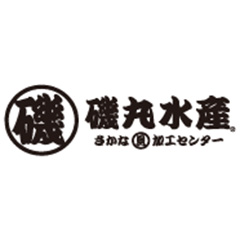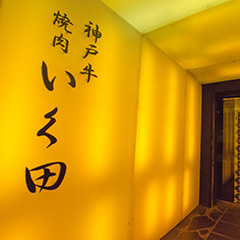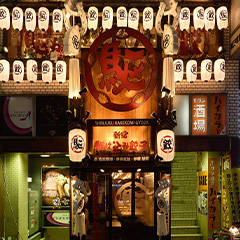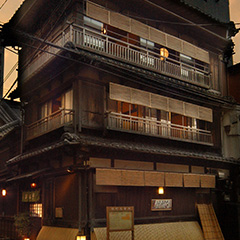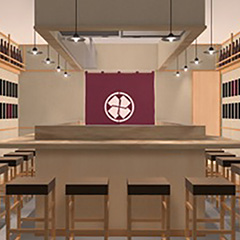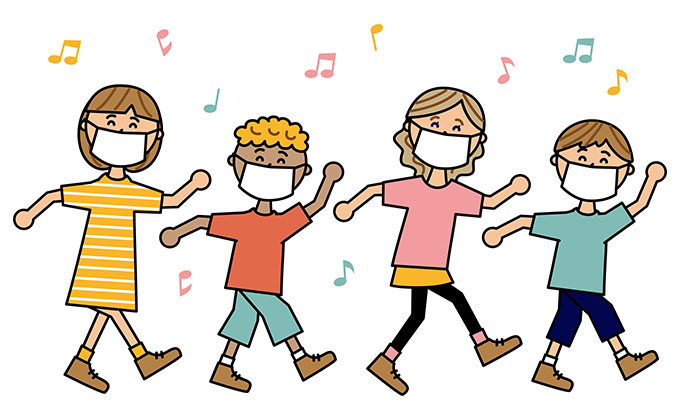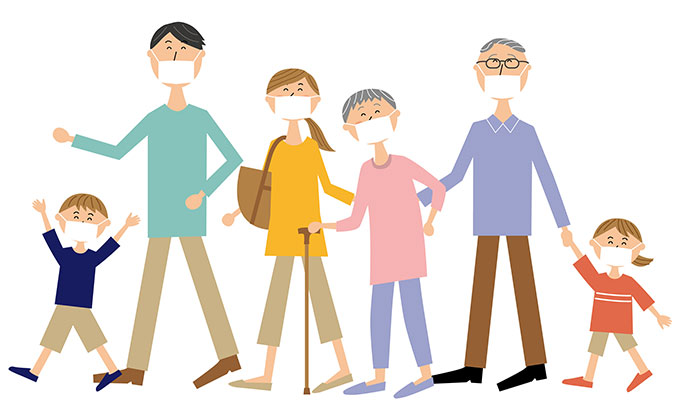TRG Info and Advice
The Masked and the Masked-nots
Many Americans may be unaware that we have been here before! During the Spanish Flu pandemic of 1918-1920, the US issued a Mask Order, and it was largely the perceived success of this that influenced Japan’s similar ordinance. Then, too, anti-mask groups, sometimes headed by physicians, were formed in places like San Francisco. One hundred years later, the US continues to present a divided front of those who will, and those who won’t, wear a mask. State governors have the option of mandating the practice, but when a president deliberately flaunts the advice of infectious disease experts, it becomes difficult to reinforce the request.
From fines of up to $1000 for failure to wear a mask in public in Texas, to the Prime Minister’s actual distribution of masks in Japan, governments are doing what they can to encourage populations to protect themselves and the general public by wearing a mask. But consider the compliancy rate for mask-wearing in Japan (77%) to that of the US’s (50%) during this most recent pandemic.
What is impressive to me is that people in Japan don’t balk, they just wear the dang thing and life is smoother because of it. I did find a study that claims wearing a mask is a product of neoliberalism and the notion of taking responsibility for yourself, however, which is definitely more individualistic than collectivistic. Still, a definite majority of Japanese citizens seems to agree that wearing a mask protects you and others, and not just during a pandemic. Though I am American by birth and a big proponent of free and independent thought, I have willingly adopted this idea as of late. If I realize I have forgotten my mask at the grocery store entrance, I go back to my car to get one before entering. I have extra “emergency” ones stashed in my bag, in case the kids forget theirs when we are out somewhere. From where does this willingness to comply originate?
One theory, presented by Mitsutoshi Horii, is that wearing a mask gives people a sense of control in a situation that is really uncontrollable. If I wear a mask, even if it is not 100% effectual, I feel that I’m doing something to protect myself and others. Those Americans opposed to wearing a mask during the current covid-19 pandemic cite personal freedom and unknown efficacy as reasons to decline. But, several studies have shown that masks don’t hurt, and provide somewhat of a barrier, so why not err on the side of caution? Wearing a mask doesn’t have to equal the loss of freedom, it can actually be freeing in some ways.
Consider how the use of masks as a gentle backlash against feelings of disempowerment has expanded to include cosmetic and social situations. Wearing a mask hides the fact that I didn’t have time to, or maybe just didn’t want to, “put on my face.” Friends of mine are relishing the freedom from applying their daily makeup now that their places of work have made masks mandatory, as the blow to lipstick sales can attest. Masks also provide the ability to “hide” in plain sight. People wearing masks can seem less approachable, so for a person who doesn’t feel like interacting with the general public, wearing a mask can provide both a barrier and a sense of control. I’ve heard children, more than adults, remind each other to wear their masks. Are they trying to assert control over a situation that has upset daily life in every corner of the world? I’m willing to oblige if it makes kids feel more effectual.
Studies are being conducted even as I type and as the results are shared, more and more evidence confirms that when EVERYONE wears a mask, they work. Combined with other recommendations like social distancing, they become even more effective. To show solidarity and respect for others by wearing a mask seems like common sense to many, but unfortunately, the act is being politicized to the tune of over 100,000 lives in the US, alone. Could the already prevalent xenophobic attitude towards immigrants and minority groups be preventing some Americans from donning face masks? Could fear of wearing a mask and, consequently, being even more targeted by authorities be the reason that African American communities are being so hard hit by COVID-19?
“We’re all in this together,” is a common motto, but the tangible existence of this social pressure may be another reason why it has been a breeze to get people in Japan to wear masks during this current pandemic. Conformity and solidarity are cultural norms that really can go to bat for communities in times of crisis. Paul De Vries quotes the late, great Malcolm X in a poignant statement of comradery.
“Illness becomes Wellness,” declared Malcolm X, the U.S. human rights activist, “when ‘I’ is replaced with ‘We’.” So it would seem, of the Japanese experience with COVID-19.
Xenophobia is as rampant as anywhere among certain groups in Japan, but when it comes to wearing masks, all are welcome to join the club.
To return to Part 1 of this article, please click here.
Want to know more? Click on the link for a collection of articles on everything Japanese.

